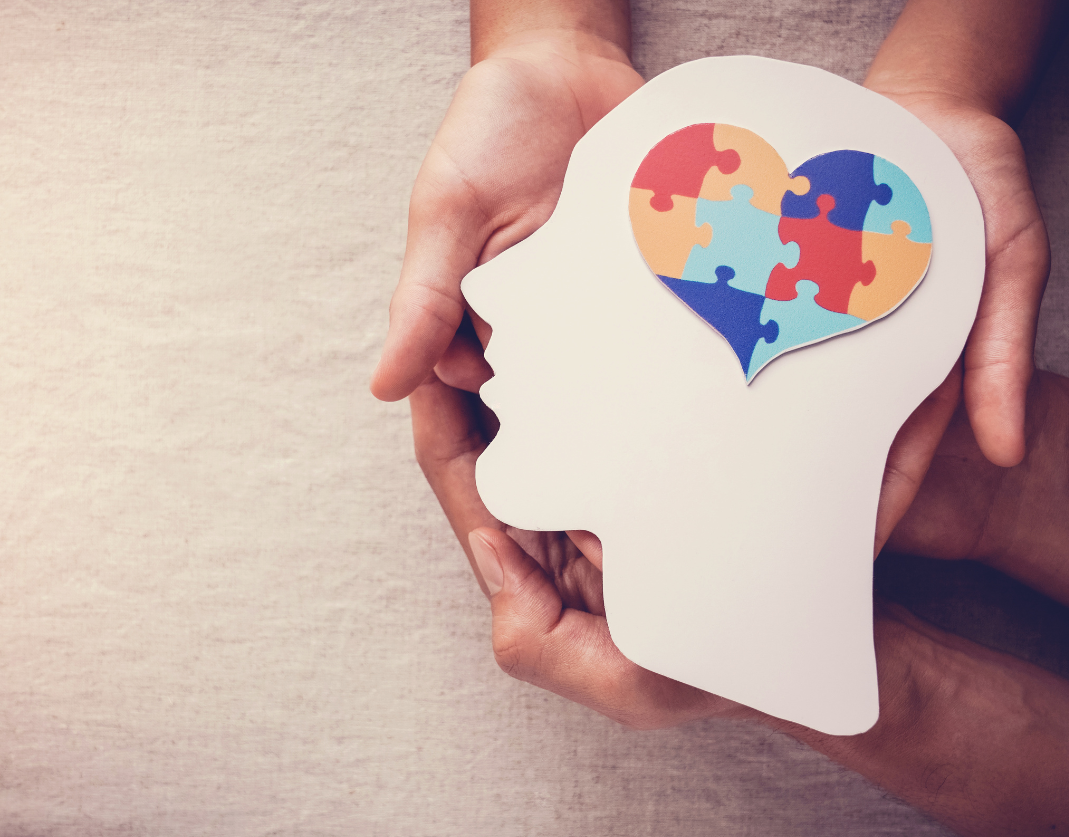Mental Health Awareness Month 2024: When Your Therapist Isn’t Feeling Well
May is Mental Health Awareness Month. This year, I am focusing not just on the mental health of the general population but also on the professionals who care for this population: our psychotherapists, counselors, social workers, psychiatrists, psychologists, and other mental health professionals. What happens when the healer needs healing? Let’s dive into an inside-out look at the hidden struggles of mental health practitioners and explore why even the experts need to "practice what they preach."
The State of Mental Health Among Professionals:
Did you know that according to the U.S. Bureau of Labor Statistics, 32% of mental health workers report experiencing a mental health issue themselves? Despite their expertise, therapists are not immune to mental health challenges. Their close contact with patient traumas can sometimes trigger their trauma.
You may likely have someone referred to you who reminds you of times in your life when you experienced trauma, or your client may remind you of someone, and you become emotionally triggered. If trauma has been worked through, you will most likely experience empathy and compassion while having secure enough boundaries not to merge your experiences by over-identifying or becoming closed.
In my first year as a psychotherapist, one of my first clients, I will refer to him as Ed, was my last appointment for the day. I went to the waiting area to greet him; I was astonished; he looked and had mannerisms like my Dad. By that time, my Dad had tragically passed a few years earlier. I did all the things: I went to counseling, journaled, cried, and felt the pain. I believed that I did my work, as we say. His challenges were also similar to my Dad’s. After some sessions, I realized that I was not holding Ed accountable in the ways I usually do. I wasn’t feeling well. This became my nudge to re-engage in therapy and ask for additional supervision. This was a win for me and Ed.
Think about this: When was the last time you checked in on your mental health as diligently as you do for others?
Job Growth & Economic Pressures:
The demand for mental health professionals is projected to grow by 10% by 2031, reflecting faster-than-average growth than other professions. This is great, right? More jobs, better security. However, with significant demand often comes tremendous pressure. And let’s not forget about those on insurance panels. Imagine waiting months for a reimbursement, which, by the way, is nowhere near your total fee. Most people who enter this field are passionate about supporting people in reaching the goals they are aiming for. After a while, many experience burnout and feel under-appreciated by the insurance companies setting such low rates for a highly educated professional who must get a certain number of continuing education hours to renew their professional license.
Question to ponder: Are you feeling the weight of economic pressures more than the satisfaction of your role?
Diversity & Representation Challenges:
Despite increasing diversity in the United States, about 80.85% of the psychology workforce remains predominantly White as of 2021. This lack of representation can affect both therapists and their clients, potentially leading to cultural incompetence related to clinicians and clients. The stress is multiplied for Black and Brown therapists who carry the burden of 'representing' or 'educating' their peers while holding space for Black and Brown clients who are also traumatized by systemic racism in the mental health sphere.
Reflect on this: How does the lack of diversity in the field impact you or your colleagues personally and professionally?
Self-Care Isn’t Just for Clients:
We often remind our clients about the importance of self-care, but are we following our advice? From ensuring enough rest and managing personal stress to seeking therapy, therapists are often the worst at self-care.
Ask yourself: Are you practicing what you preach about self-care, or are you running on empty?
A Quick Mental Health Check-In: <-CLICK ME!
Let’s do a quick informal self-assessment.
As we observe Mental Health Awareness Month, let’s remember that therapists are human and sometimes don't feel well. They, too, need support, care, and sometimes a good laugh, and to know that others in your field are also challenged. By caring for yourselves, you are better equipped to care for others. So, this month, let’s commit to supporting our clients, each other, and ourselves.





